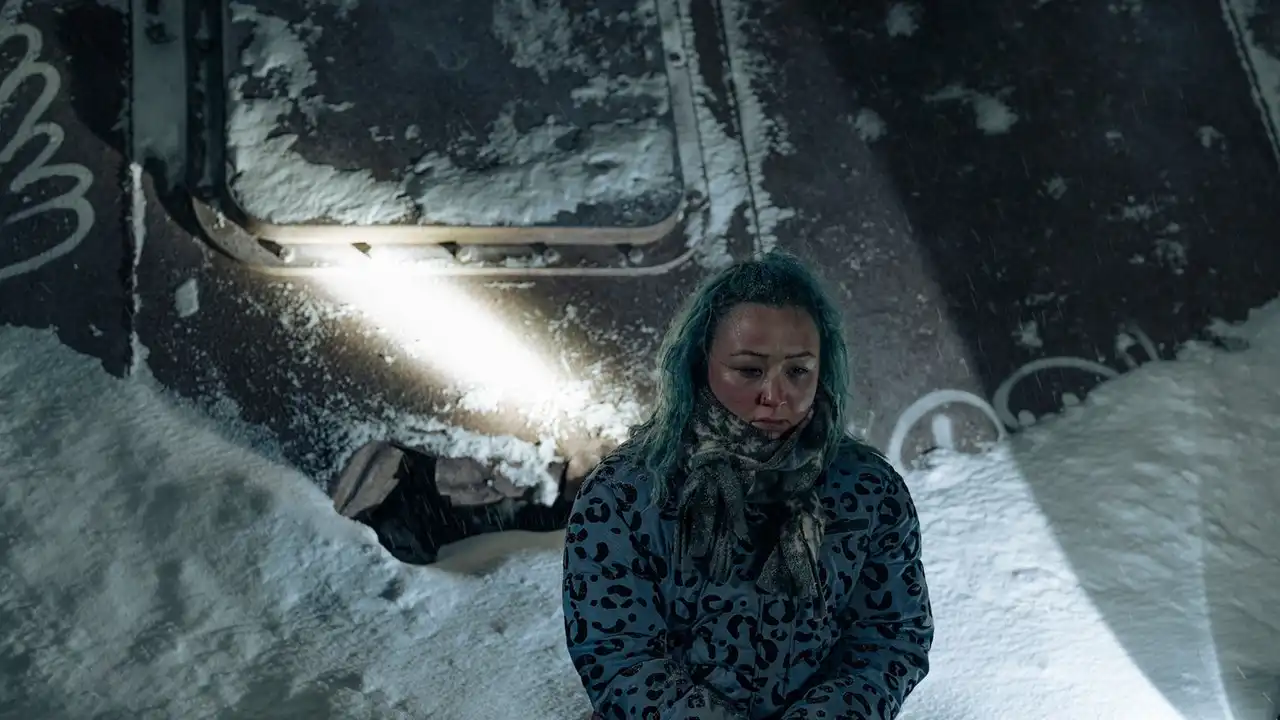True Detective season 4 permafrost storyline: possible according to scientists
Scientists discuss the realism of True Detective: Night Country's shocking reveal, raising questions about the potential of permafrost for humanity.
In the explosive finale of True Detective: Night Country, an international team of scientists is murdered after their part in activist Anna K's death is discovered. The lab was using pollution from a mine to accelerate the melting of permafrost, where they were researching frozen Arctic organisms for potential cures for cancer and aging. But just how realistic is the science behind this shocking reveal?
Permafrost, the permanently frozen ground found in Arctic locations, is essential for understanding Arctic environments and monitoring climate change. Real-life scientists study permafrost for potential medical breakthroughs, as the microbes found in these icy environments may produce natural products with potential for treating diseases. However, the idea of finding a secret cure for cancer in permafrost is more complex than simply digging around and unearthing a special cure.
According to Christopher Reid, a Professor of Biological and Biomedical Sciences, the microbes from permafrost may have potential for treating diseases, but real-world scientists are more cautious than the researchers in Night Country. Zahra Massoud, a PhD in cancer biology, explains that the idea of using microbes to treat cancer is more about finding tools for more research than actual cures or treatments.
While the popular fan theory of a "zombie virus" unleashed by thawing permafrost did not come true in Night Country, scientists caution that anything that can survive in arctic ice will not survive in a human body. However, there have been recent reports of scientists isolating and reviving ancient viruses that remain infectious, adding an element of uncertainty to the potential dangers of permafrost research.











Comments on True Detective season 4 permafrost storyline: possible according to scientists